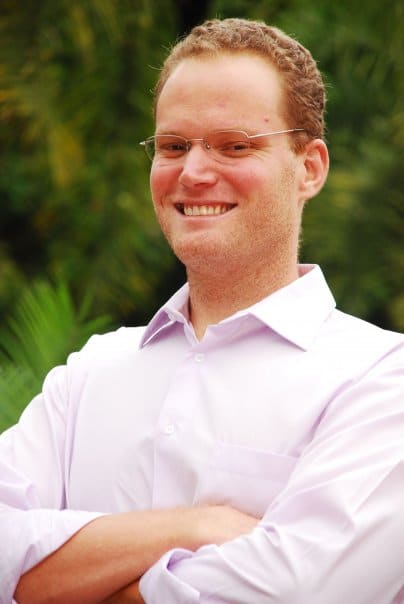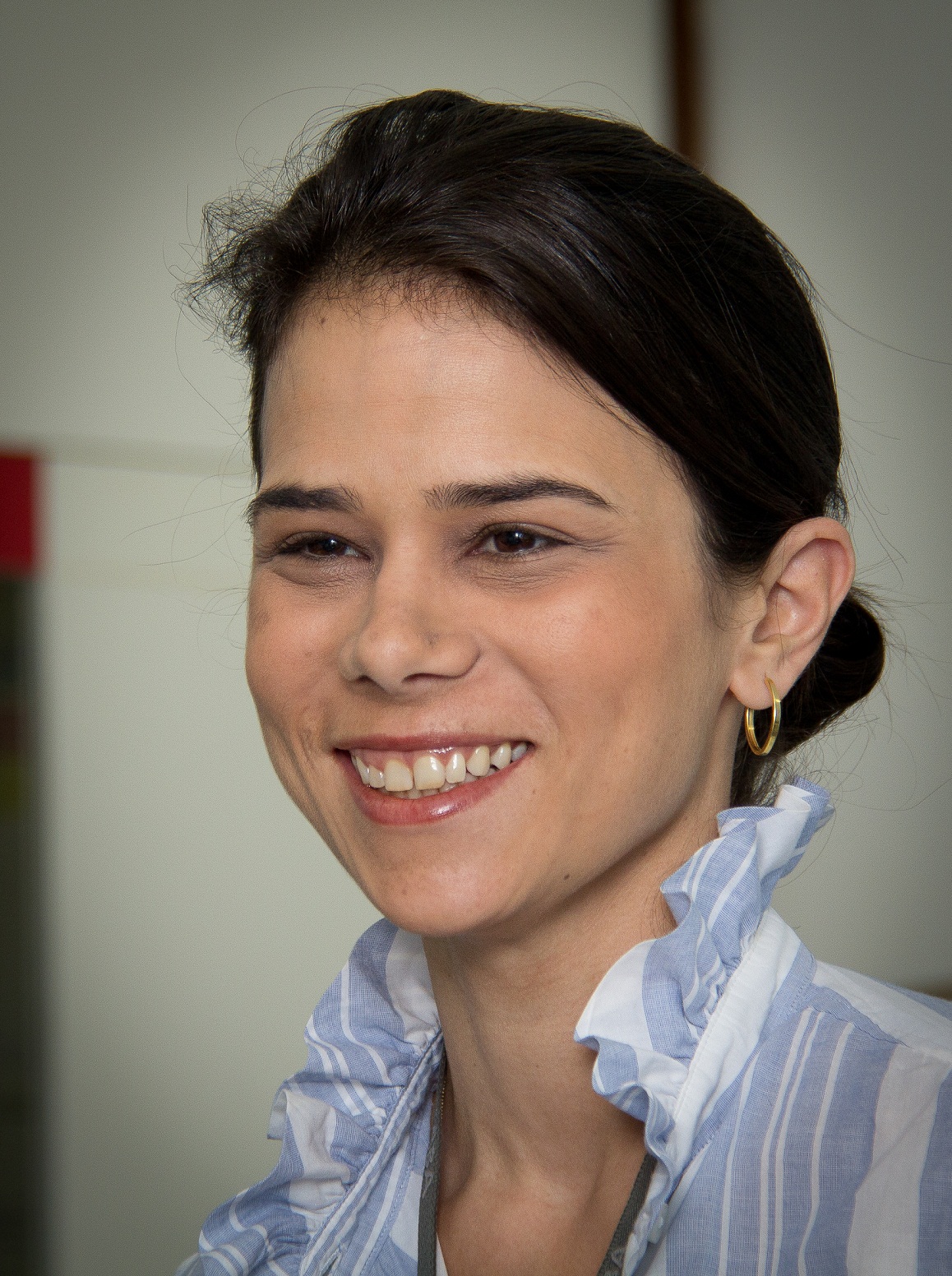What will your verse be?
Education has become a trending topic. Actually, it’s always been an interest – even if it’s just a vested interest – for pretty much everyone I know. Deep down, we know that it defines a lot of who we are and we hold education accountable for our accomplishments in life. It is what increases our chances of success and also what gives us the necessary confidence to take up a new challenge. This is probably why it is so difficult to have a conversation about education and educational change. If I have managed to succeed, and it largely depends on the education I was given, it must be because it was the very best educational system in the world. Most importantly, if I currently find myself in a position that I consider to be better than yours, I take it for granted that it is because I was better prepared for life than you, and a large portion of that I owe to the education I received. Hence, the kind of education I was given is, logically, better than the one you’ve been given.
The paragraph above might sound shocking to some, amusing to others, irrelevant to another few, or serious to even fewer. Well, I find myself leaning towards the last group. To be honest, I believe that, generally speaking, we have a natural inclination to believe that what successful people tell us. Not famous, not popular, but people we believe to be successful. Those who inspire us – role models. As a matter of fact, I could go even further and say that there are many people who diminish themselves and tend to betray their own convictions and beliefs simply because their role model thinks differently. It doesn’t even matter if this person has no clue what he or she is talking about or if he or she is versed in the subject matter – they said it, and as I keep them in a pedestal, there is no way I can be right and they can be wrong.
Perhaps this would be closer to what really happens – some people think they are better than others, but even more people believe they are lower than others. Would this be an explanation for our overuse of quotes when we know we are right? How many times, in the field of education, have you caught yourself saying, “it isn’t I who is saying that. [Insert name of your favourite methodology author] said it.” If you don’t think you say it quite often, how about paying attention to the speech of some of your colleagues. Yes, it might be just me, but have you ever heard someone saying, “well, I don’t actually believe this, but [famous author] says it and, let’s face it, who am I to disagree, right?” This behaviour is not something that started these days with Internet memes, it’s actually rather old, as the following quote demonstrates:
Man is timid and apologetic; he is no longer upright; he dares not say ‘I think,’ ‘I am,’ but quotes some saint or sage.
Emerson, R. W., Self-Reliance
And if we pay closer attention to Emerson’s words, there’s another part worth highlighting:
It is easy in the world to live after the world’s opinion; it is easy in solitude to live after our own; but the great man is he who in the midst of the crowd keeps with perfect sweetness the independence of solitude.
Emerson, R. W., Self-Reliance
The people who are capable of doing that, not surprisingly, are the ones who set out to writing their names in history. They are the ones we usually look up to and are inspired by. And, more often than not, we think to ourselves, “finally, someone said exactly what I was thinking.” But why is it that you weren’t the one to say it? Why did you have to wait so long to do that? Well, Emerson also shows us a possible reason in his text, and this is the piece of advice he offers:
Speak what you think now in hard words, and to-morrow speak what to-morrow thinks in hard words again, though it contradict every thing you said to-day. — ‘Ah, so you shall be sure to be misunderstood.’ — Is it so bad, then, to be misunderstood? Pythagoras was misunderstood, and Socrates, and Jesus, and Luther, and Copernicus, and Galileo, and Newton, and every pure and wise spirit that ever took flesh. To be great is to be misunderstood.
Emerson, R. W., Self-Reliance
But what exactly has this got to do with education? Pretty much everything, in my opinion. As education is something most people have a dear interest in, everyone believes they are experts in a field they have no right to be called experts. As teachers are valued so little by society, it is easy for teachers themselves to look outwards to find solution to their field of expertise. Let’s face it, we’d rather attend a conference to hear a foreign speaker, or someone from another state, than listen to the person who works with you speaking. Isn’t it time for us to start paying closer attention to those who share our daily challenges and realise that, yes, there is a lot of potential for growth from this person sitting right next to you? How about we make this a challenge for 2015? What if teachers decided to take ownership of teaching and realised that they know more about their own classrooms and their own school reality than any other so-called expert in the field simply because they live that reality on a daily basis and they are sentient beings capable of reflecting upon their experiences? Maybe it’s time we decided to value more those next to us and find greatness in our peers the same way we find in those who are far. And, if you still haven’t had enough of the irony in this text, it is not I who is saying that we are the experts. Just have a look at what this cognitive neuroscientist has got to say – he knows it:
What successful teachers do to stimulate minds and brains to learn is more important than scientific findings from laboratories. Teachers are the experts in this domain and scientists should pay attention to their work, figure out why they are successful, and explore what their successes tell us about how brains learn.
Cozolino, L., The Social Neuroscience of Education
Education is a trendy topic. Be the expert in 2015. Think, reflect, trust your thoughts and feelings. Listen to your co-workers more, and take the advice you get from experts the way it should be taken: it’s information that you need to help you reflect – it’s not the truth, the whole truth, and nothing but the truth. This is how we keep the ball rolling. Have a great year!






